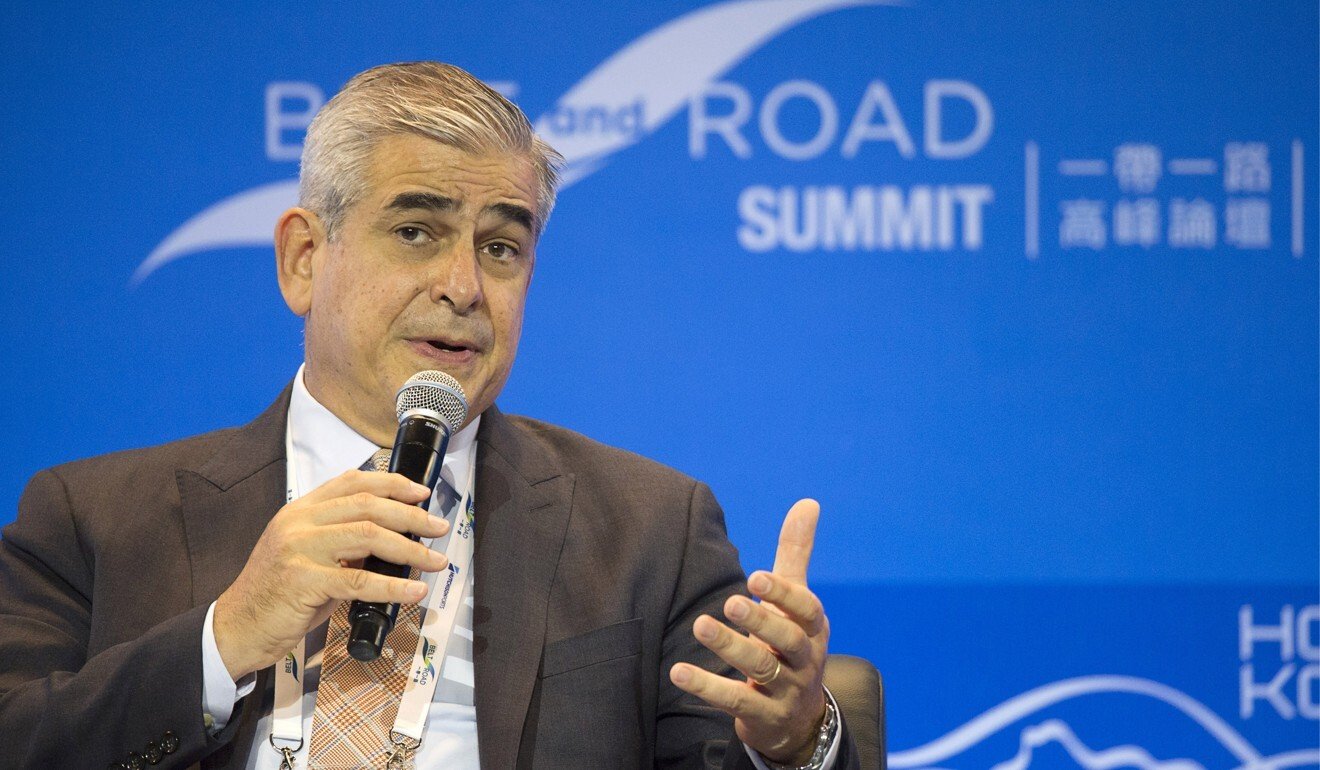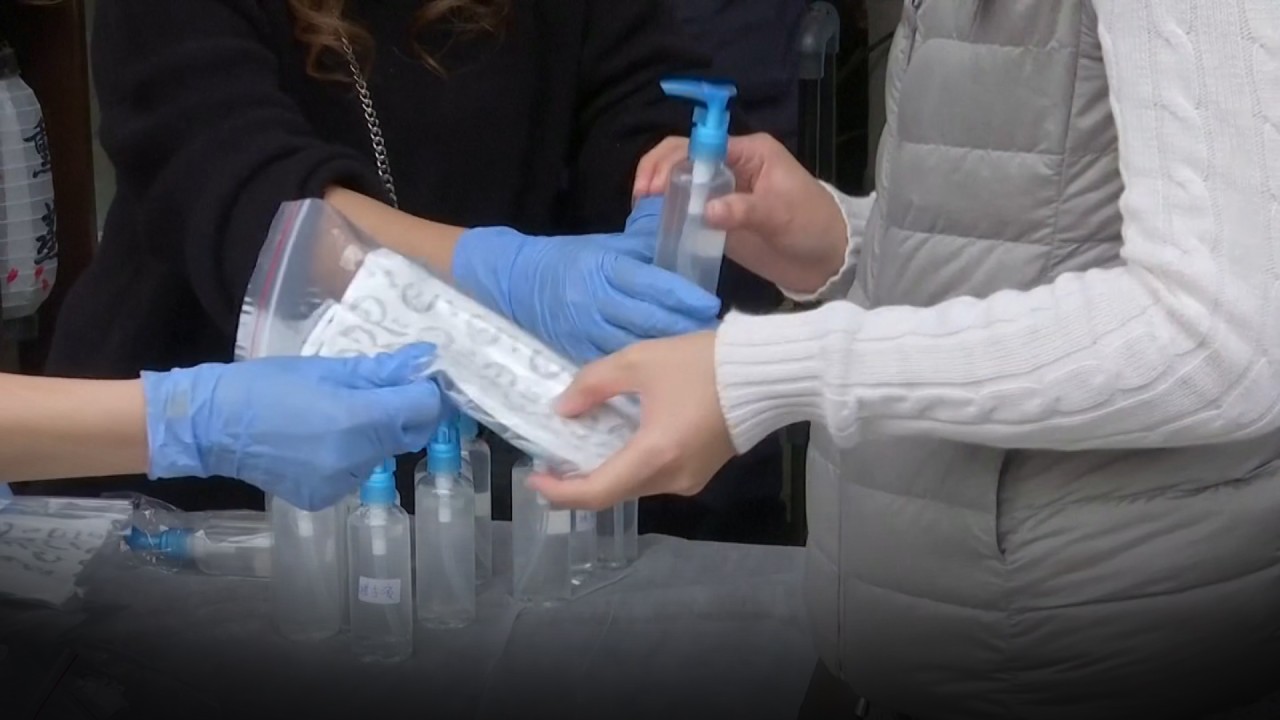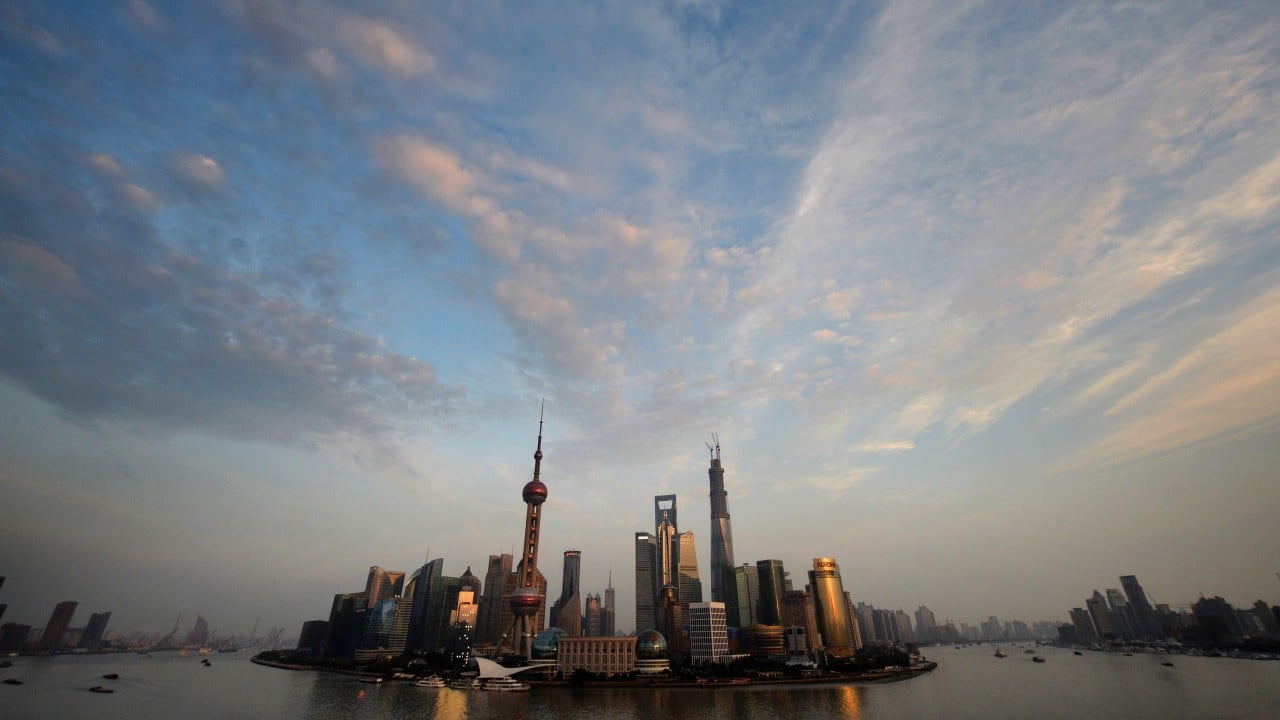
Coronavirus has accelerated growing awareness of need for fairer capitalism, as businesses step up to help
- Businesses that had created bridges to their communities before the crisis were better prepared to deal with the impact of the pandemic
- Companies that see themselves as stewards of the wider ecosystem have generated reserves of public goodwill and will be better placed to bounce back post-crisis
Covid-19 has been a disaster for most businesses in Asia, as everywhere. But the epidemic has given some Asian companies a new-found sense of purpose. Interviews with Asia Business Council members have found the best Asian companies responding to the crisis by deepening community engagement, working intensively with government and civil society, and forgoing short-term profits.
The Ayala Group, a 185-year-old Philippine family conglomerate, owns a bank, supplies much of Metro Manila’s water, and runs the country’s second-largest telecom company as well as being a major property company.
Like other conglomerates, the government has often called on Ayala companies for help in the wake of volcanoes and deadly typhoons, prompting the Ayala Group in 2009 to join with other companies to create a natural disaster relief operations hub, the Philippines Disaster Resilience Foundation.
With that experience in mind, when the pandemic hit, the Ayala team knew it had to protect what it called the ecosystem: employees, informal workers, small businesses that make money from their dealings with Ayala Group businesses, and the urban poor.
Businesses got rent waivers while employees and informal workers all got salaries in lockdown; the company’s construction arm converted public spaces to Covid-19 testing facilities. All told, the Ayala Group’s contributions totalled about 9 billion pesos (US$181 million).

Other companies across Asia have recognised the need to keep their ecosystems going. A Chinese travel company launched a multimillion-yuan response fund to help customers and business partners, though it was also struggling financially.
One lesson that emerged was that businesses that had created bridges to their communities before the crisis were better prepared to deal with the aftermath of the pandemic using those same connections – whether it was a network for mentoring small and medium enterprises, or something as small as organising a community produce market.
Another lesson for businesses was that their fates were now tied up with the well-being of their communities in ways that had not been so obvious before. Indonesian agribusiness company ANJ worked with community leaders in rural communities to improve hygiene practices and reduce the risk of employees catching the virus.

02:19
Hong Kong shop owner gives away thousands of masks amid shortage and price hikes
If the fear of a Covid-19 outbreak among its employees kept CEOs awake at night, the risk of social unrest has also sharpened minds.
These sorts of efforts will need to grow, for the pandemic is likely to get worse. Even if an effective vaccine is found, there are unlikely to be enough doses available next year to halt the spread of the pandemic.

05:59
Coronavirus: What’s going to happen to China’s economy?
In some ways, the crisis has accelerated a trend that was already under way before the crisis: the growing awareness of the need for a fairer model of capitalism, one that benefits all stakeholders, from informal workers to small businesses.
Companies that see themselves as stewards of the broader ecosystem have generated reserves of public goodwill and will be better placed to bounce back after the crisis, having thrown a lifeline to their customers and business partners. That should be a lesson for others.
It is unclear, too, how long businesses will be able to sustain this more active role, and when “pandemic fatigue” will set in. Profits have been hit hard, and some companies may be eager to get back to business as usual when the dust settles. But others are talking of bottling up this new spirit of cooperation.
Whether they want to or not, business is being called on to take a new burden of responsibilities. In what is becoming a drawn-out siege, government and communities are going to demand that business play a new role.
Colleen Howe is a programme associate at the Asia Business Council

